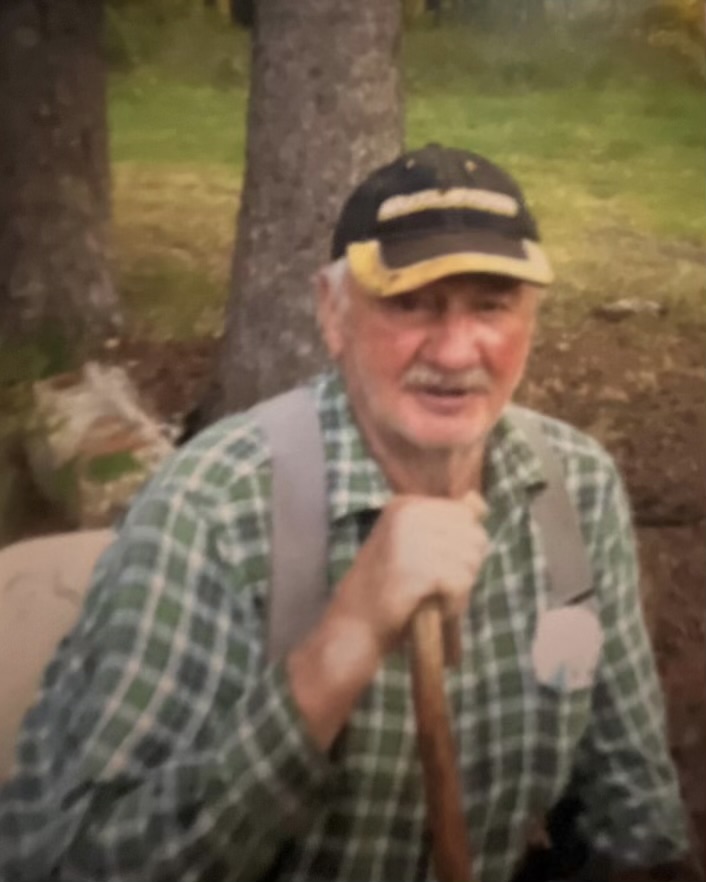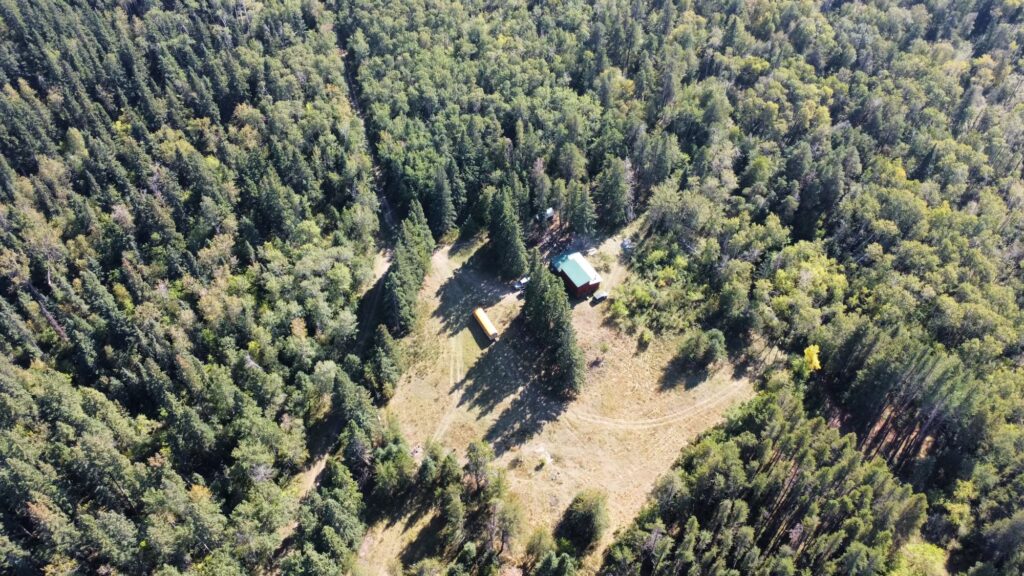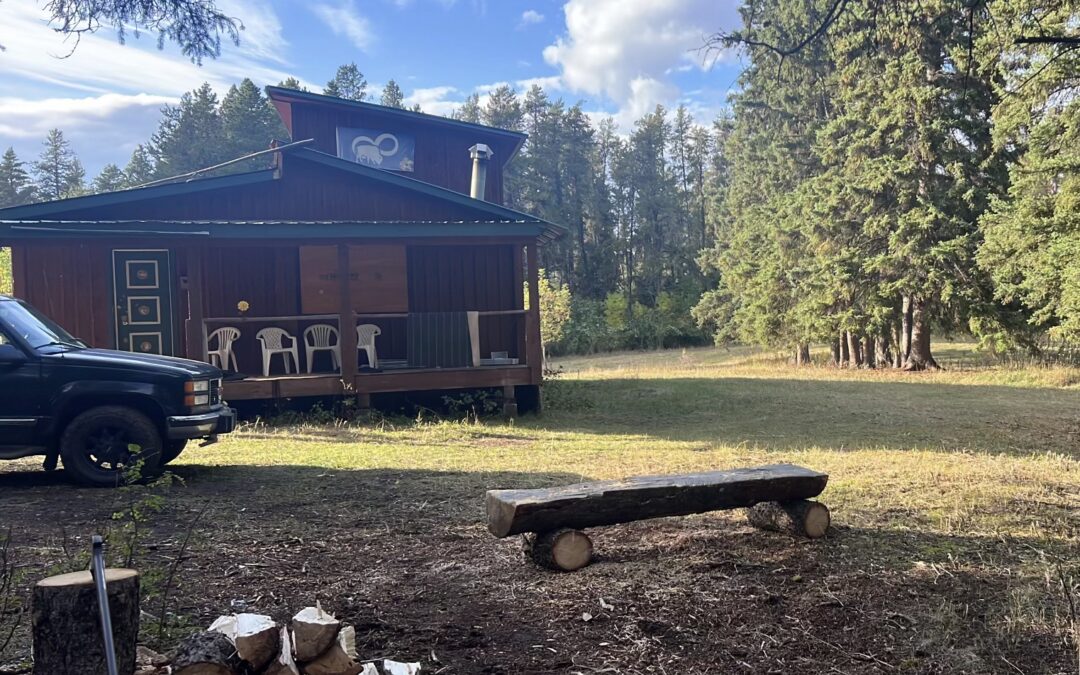(Photo: Heartland cabin. Submitted by Dave Rondeau)
Researcher Dave Rondeau has been conducting land-based learning sessions at the Heartland Cabin. The cabin is located in the Nisbet Forest, south of Prince Albert and was built in the mid-to-late 90s and wasn’t being used for quite some time until it became operational again just over two years ago.

(Photo: The late Gordon Paocha who built the cabin with the help of a group from the MacDowall area. Submitted by Dave Rondeau)
Some of the land-based teachings provided at the cabin include hunting, trapping, traditional medicine, and community-based anthropology and archaeology.
“It provides a beautiful setting for reconnecting people with the land through land-based studies; every aspect of land-based studies that we can incorporate into our programming is facilitated at the cabin,” said Rondeau.
Recent radiocarbon dating that was done not far from the cabin has revealed a lot of history. The results that came in on Friday show that the site is over 10,650 years old, making it the oldest carbon dating that has been done in the province.
Once an organism dies, it stops taking in carbon, and the carbon-14 in the organism begins to decay and decreases. Radiocarbon dating tests the ratio of carbon-14 to other carbon atoms. The fewer carbon-14 atoms in the material, the older the sample is.
“In order to know what you’re capable of, you have to know where you come from, and the past provides a window to do exactly that, and by utilizing these sites and the land-based studies that we do, it makes it real for anyone that’s doing the training,” explained Rondeau.
Rondeau plans to continue doing research at the site and is currently working on putting together a council that will consist of First Nation members to help determine what the course of the site will look like.
Nothing at the site will be done without approval from the council because Rondeau is trying to find a common denominator between science and traditional First Nations oral history.
“First Nations traditional oral history speaks of all of this; the timelines aren’t exact; that’s the only thing, and that’s what I’m going to do is provide a solid timeline so that we can put aside any preconceived misconceptions around the original people of our region,” stated Rondeau.
Rondeau and his team would like to build a model of what the site would’ve looked like close to 11,000 years ago and through the centuries.
“We can put together an evolution of the people that occupied this territory through community-based archeology and make it real and allow for the people here at a community level to contribute to their own knowledge base and write their own history,” said Rondeau.

(Photo: Arial shot of the cabin. Submitted by Dave Rondeau)
Studies will continue to be done at the site, and MBC will provide updates when new information becomes available.
“The land-based studies and training that we’re doing right at the cabin is a part of this, and any groups that want to utilize the cabin or our land-based studies can contact the regional office at 306-922-2206,” said Rondeau.
